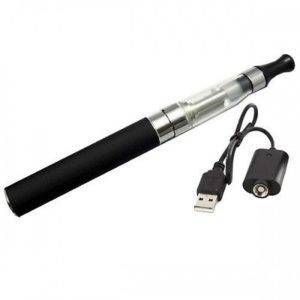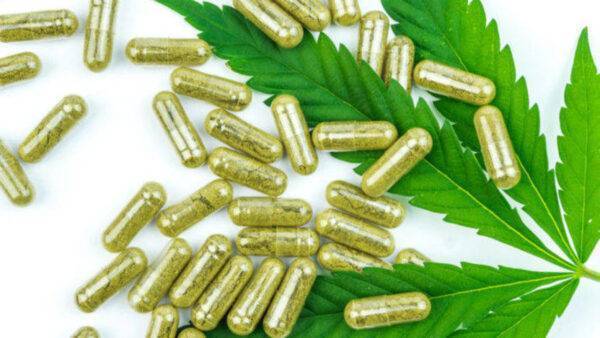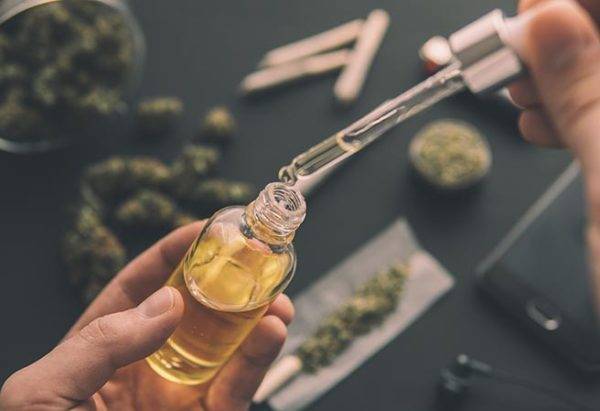DONATE TO UNITED FOR CARE

The United For Care Campaign is run by People United for Medical Marijuana (PUFMM) – an organization formed by Kim Russell, whose grandmother – ill with glaucoma – would not break the law, despite the medical benefits that marijuana could offer her condition.
Today, the organization is chaired by John Morgan, one of the state’s most influential attorneys and activists for the rights of individuals, and managed by Ben Pollara, a veteran in Florida political affairs and advocacy. Green Health supports them and they are doing a great job.
Recent polling shows that over 70% of Floridians support the legalization of Medical Marijuana in our state.
To make a contribution to the campaign, please click here.




